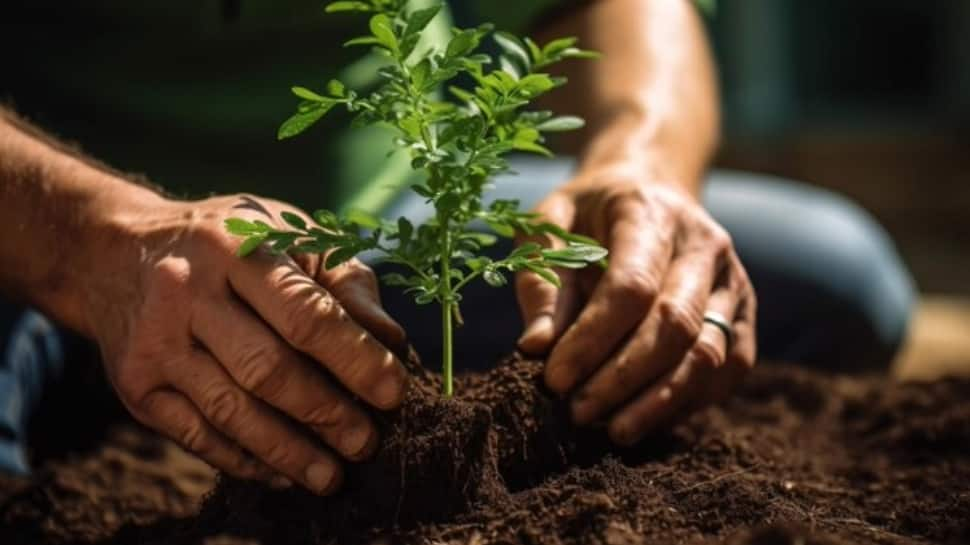In the ongoing pursuit of environmental well-being, discussions often revolve around air and water quality, noise pollution, and the impact of human-centric development. Yet, beneath our awareness lies a silent victim of neglect – the soil. Responsible for sustaining our food sources, the soil has silently undergone decades of degradation due to the rampant use of harmful pesticides and chemical fertilizers. To secure our food supply and foster a healthier lifestyle, embracing sustainable and regenerative practices is imperative. Enter permaculture.
Sunith Reddy, CEO and co-founder of Beforest says, “Permaculture, a harmonious blend of sustainable design principles and nature’s patterns, serves as a comprehensive strategy to establish a regenerative relationship with the soil. From vast agricultural landscapes to backyard gardens, permaculture offers a roadmap for creating robust, diverse, and healthy ecosystems. It exemplifies responsible living, recognizing the profound impact lifestyle choices have on the environment. By focusing on food-growing systems that minimize ecological impact and maximize biodiversity, permaculture accelerates soil regeneration, making it a beacon of hope for World Soil Day.”
Alicia Biasotti, a Leadership Coach, emphasizes the transformative potential of permaculture in addressing critical environmental issues. She says,”It goes beyond soil fertility to contribute to water conservation, climate change mitigation, and the preservation of animal habitats. By cultivating diverse mixtures of endless and annual plants that mutually benefit each other, permaculture promotes soil health without the need for harmful chemicals, resulting in organic crop growth.”
“Permaculture extends its impact beyond the physical realm, positively influencing mental and spiritual well-being. The sense of belonging to a greater community, the self-esteem derived from creating, and the deeper meaning attached to one’s actions contribute to enhanced mental health. Spiritually, permaculture encourages individuals to find purpose in their connection to the environment and the world,” comments Alicia.
Research supports the viability of permaculture in urban settings, where it effectively manages waste, conserves water, and reduces energy consumption. Furthermore, permaculture enables the production of locally grown, ecologically friendly, and healthy food with minimal maintenance effort. As we celebrate World Soil Day on December 5 in 2023, let’s acknowledge permaculture as a beacon of hope, offering sustainable lifestyle choices that not only sustain but also renew our precious soil and environment.
Be the first to read breaking news in Hindi aajsamacharindia.com| Today’s latest news, live news updates, read most reliable Hindi news website aajsamacharindia.com|
Like us on Facebook or follow us on Twitter for breaking news and live news updates.

